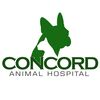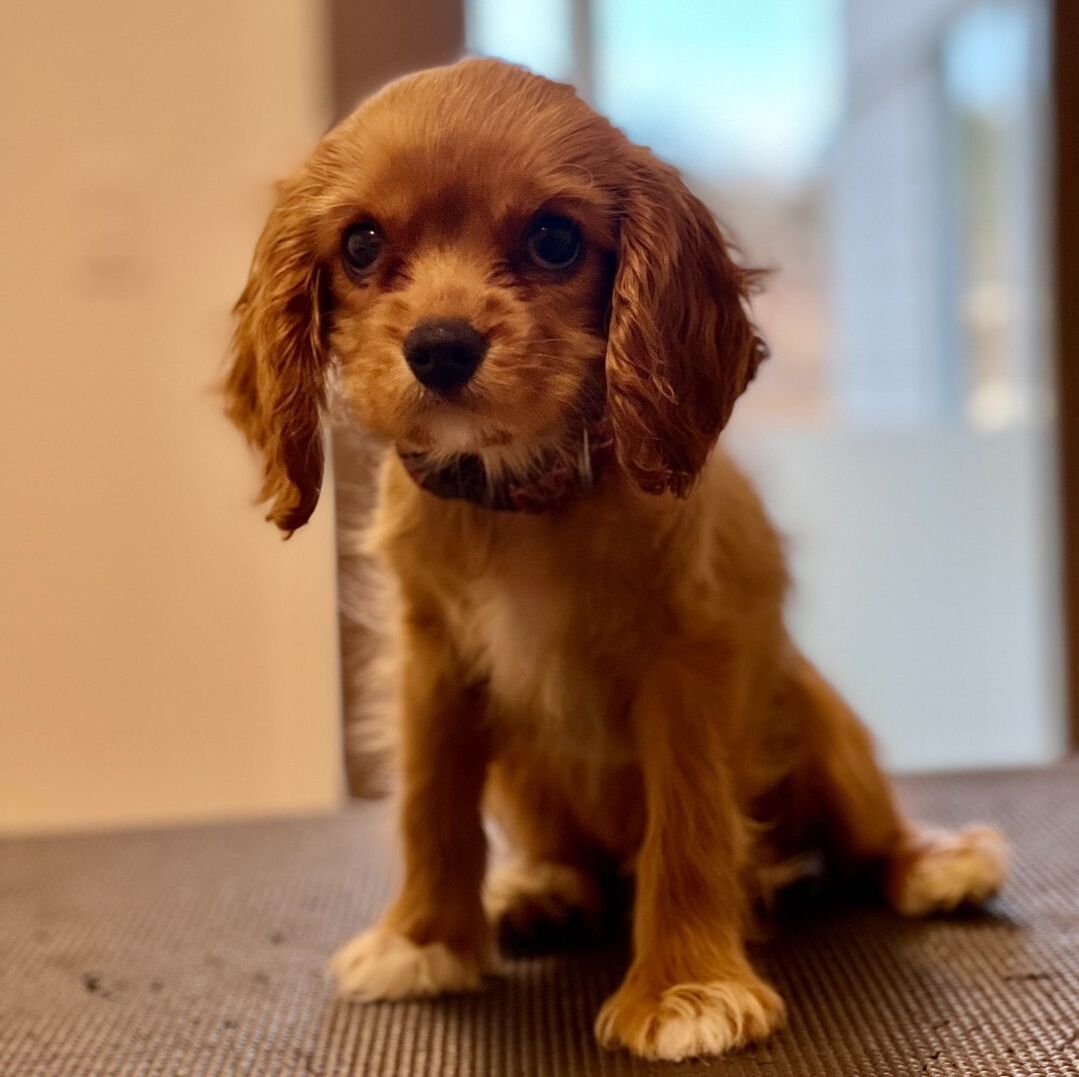|
Let’s face it: “surgery” is a scary word. The idea of bringing your pet in for a surgical procedure is daunting, and even a routine procedure like a spay or a neuter can be stressful if you’ve never been through it before. That’s why we’ve sat down with CAH’s own Dr. Kaitlin Rondeau in order to demystify the process and explain what to expect leading up to, on the day of, and in the days after your pet’s procedure. 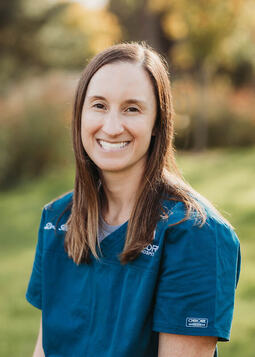 Dr. Kaitlin Rondeau helps to demystify your pet's surgical procedure! Dr. Kaitlin Rondeau helps to demystify your pet's surgical procedure! The months before Your pet’s veterinarian will work with you to determine when a surgery might be beneficial to your pet. Spays and neuters are fairly routine and typically happen between 6-12 months. Depending on our vet’s findings during their checkups they may also suggest dental procedures, such as cleanings or extractions, or mass removals to get rid of any odd lumps and bumps. If your pet has never seen us before, we’ll want to book an initial checkup with a doctor prior to scheduling a surgery. From there we’ll also want to perform some tests to make sure your pet is healthy enough to undergo anesthesia. “With any patient we want to perform bloodwork to check liver and kidney function, since these are the organs responsible for metabolizing anesthetic drugs,” says Dr. Rondeau. “If your pet has other medical concerns we may also recommend further testing, such as an ultrasound.” At these preoperative visits we’ll also prescribe dogs a medication called Cerenia, which is an anti-nausea medication used to prevent vomiting under anesthesia. Cats do not require Cerenia. The night before surgery, your pet should have dinner no later than 6 pm, and the Cerenia should be given that evening. Water is okay including on the morning of the procedure, but your pet should not be fed overnight or the morning of the procedure. 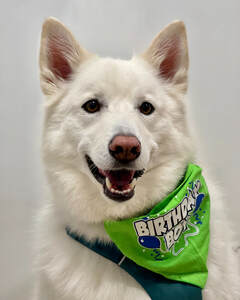 The day-of When you arrive the morning of your pet’s surgery, our receptionists or technicians will go over paperwork and ask a number of intake questions. They’ll confirm that your pet was fasted and received any necessary medications, and will also ask about any symptoms of illness your pet may have shown recently. “If your pet has recently experienced symptoms like vomiting, diarrhea, lethargy, disorientation, or loss of appetite, that’s important to know,” Dr. Rondeau says. “Surgery can be taxing on your pet’s body, so we don’t want to move ahead if they’re already feeling under the weather.” While the procedures we perform here are very low-risk, our staff will also ask whether you would like CPR to be administered in the event of an emergency. We’ll always make an effort to contact you before doing anything outside of the scope of what we’ve discussed, but we want to get your permission to perform CPR in advance so we can take action immediately if necessary. Once our staff is finished with intake questions our technicians will bring your pet inside, and you can go home and try to relax! The attending veterinarian will call you after the procedure (usually early afternoon) to let you know how everything went, cover discharge instructions, and give you a pickup time. In the case of some procedures such as dentals, the doctor may also call you to discuss a plan after x-rays or an exam are performed. “Sometimes radiographs and sedated exams will reveal additional pathology that we weren’t able to notice during a normal exam,” Dr. Rondeau explains. “For example, we may discover a need for more dental extractions than we originally realized.” In cases like these, our doctor will give you a call to go over a plan before proceeding with any additional work. When you come to pick up your pet one of our technicians will go over discharge instructions one more time, and will answer any questions you might have before sending you on your way. But we like to keep in touch, so we’ll call you within the next day or two to make sure your pet’s recovering well. 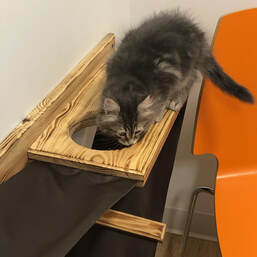 The weeks after Your pet may be a little loopy after coming up from anesthesia, so it’s important to make sure they’re supervised for the next 24 hours. That evening you can offer a small amount of food and water, about half of what your pet usually receives. If your pet had a dental procedure you may see a small amount of blood in their food or water dish - don’t panic, this is normal! Regular eating and drinking can resume the next day. Your pet will also be sent home with medication to help alleviate pain and limit their activity if they tend to be especially energetic. Typically you can start these medications the first evening your pet’s home, but precise instruction will be given at the time of discharge. For our spay, neuter, and mass removal surgery patients, you’ll want to heavily limit exercise for the next five days. “Basically, we want to make sure there’s no risk of your pet reopening their incision site,” Dr. Rondeau explains. “Keep them on a leash during walks, don’t let them go up or down stairs, and keep them away from other pets.” On the sixth day you can gradually start to increase your pet’s activity level, but you still want to take it easy during this time. The full healing process takes 14 days, so avoid long walks, play with other pets, bathing, or swimming until this has passed. Keep checking your pet’s incision site daily for swelling, redness, discharge, or missing sutures. If your pet had a dental procedure, don’t offer them any hard treats or chew toys during this time, but you won’t need to restrict their activity after the first day post-procedure. If you observe any facial swelling, bad odor, drooling, or mouth sensitivity let us know. If you think something you see doesn’t look right, give us a call at 978-369-3503, or send a photo to [email protected].
Comments are closed.
|
|
OFFICE HOURS:
Monday-Friday: 8:00 am to 6:00 pm Saturday: 8:00 am to 12:00 pm |
CONTACT INFORMATION:
Concord Animal Hospital 245 Baker Avenue Concord, MA 01742 Phone: (978) 369-3503 Fax: (978) 371-9748 [email protected] |
JOIN OUR PACK!
Sign up for our monthly newsletter, the Paw Press for hospital news, pet care tips and cute pet photos! |
Copyright © 2022
